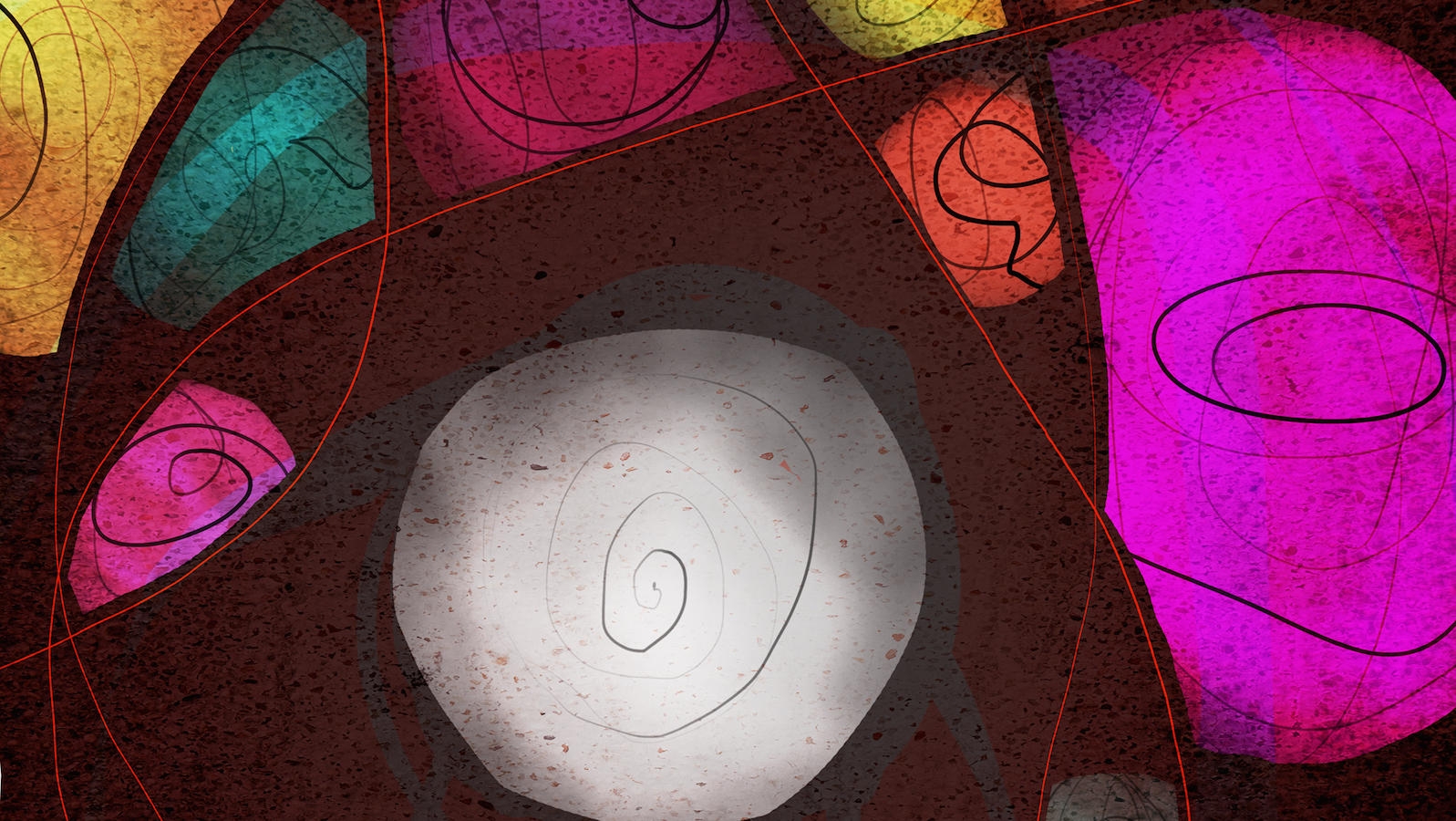Next Reading
Torah Reading
Genesis 41:1-44:17; Numbers 28:9-15, 7:42-47
Haftarah
Zechariah 2:14-4:7 | Shabbat Rosh Chodesh Chanukah
In this Torah portion, Pharaoh has two troubling dreams, and at the suggestion of his cupbearer, who remembers Joseph from prison, Pharaoh brings Joseph to interpret them. Pharaoh is so impressed by Joseph that he makes him his adviser. There is a famine, and Jacob sends his sons, minus Benjamin, to Egypt to buy food. The brothers do not recognize Joseph when they meet him, and Joseph tests them by accusing them of being spies. Joseph arrests Simeon and demands the brothers bring Benjamin to Egypt to prove they are not spies. When Benjamin arrives, Joseph puts a goblet in Benjamin’s bag and accuses him of stealing it.
Featured Commentary
Parashat Miketz: Coercion vs. Love
This Torah portion begs the question of whether it’s acceptable to use coercive power to have people to do something that’s good for them.
